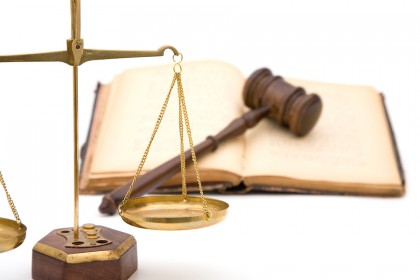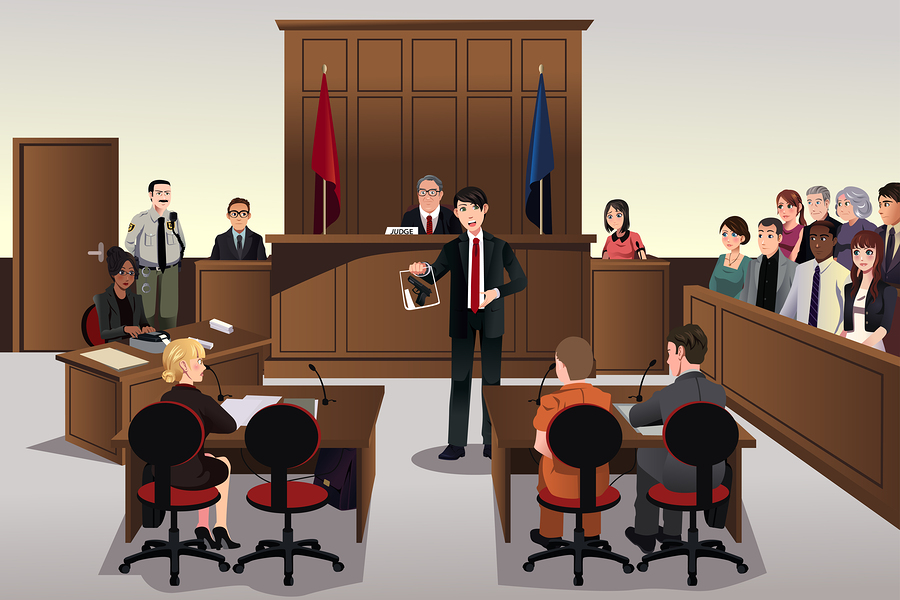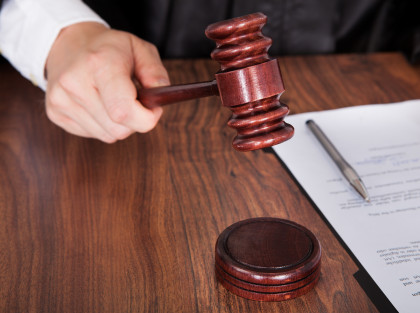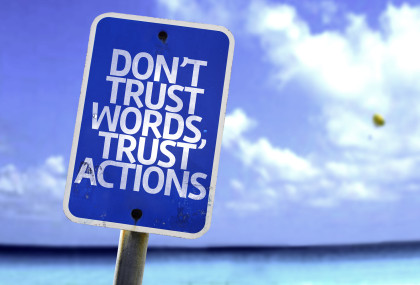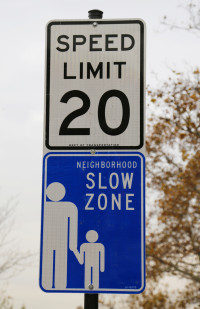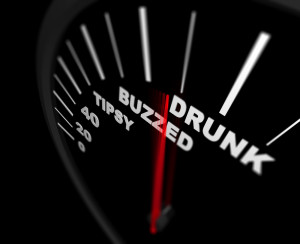Buying or selling homes will probably be the largest and most significant purchase you will make in your life. It also involves the law of real property, which is unique and raises special issues of practice, and problems not present in other transactions. A real estate lawyer is trained and experienced to deal with these problems.
Buying or Selling Home
In the typical home purchase, the seller enters into a brokerage contract with a real estate agent, usually in writing. The process may seem simple on it’s face, but without a lawyer, the consequences may be more disastrous than purchasing a car that turns out to be a lemon, or a stock investment that was unwise.
When Buying or Selling Home Avoid Vague or Unclear Terms
A lawyer can help you avoid some common problems with a home purchase or sale. For example, a seller may sign a brokerage agreement that does not deal with a number of legal problems. This happens quite often; realtors often use standard forms, expecting that they will cover all circumstances or will be easily customizable for unusual circumstances.
When buying or selling homes in the absence of an agreement to the contrary, the seller may become liable to pay a brokerage commission even if a sale does not occur, or to pay more than one brokerage commission. A lawyer can explain the effect of multiple listings. He or she can negotiate the realtor’s rights if the seller withdraws the property from the market, or can’t deliver good marketable title.
The seller should have the advice and guidance of an attorney with respect to a brokerage agreement. Even if the agreement is a standard form, its terms should be explained to the seller and revised, if necessary. An attorney should also determine if the agreement was properly signed.
Tax Consequences
Even if a lawyer is not needed during the course of negotiations, when buying and selling homes, the buyer and seller each may have to consult with a lawyer to answer important questions, such as the tax consequences of the transaction. To a seller, the tax consequences may be of critical importance. For example, the income tax consequences of a sale, particularly if the seller makes a large profit, may be considerable. An attorney can advise whether the seller can take advantage of tax provisions allowing for exclusion of capital gains in certain circumstances.
Purchase Agreements
The purchase agreement is the single most important document in the transaction. Although standard printed forms are useful, a lawyer is helpful in explaining the form and making changes and additions to reflect the buyer’s and the seller’s desires.
There are many issues that may need to be addressed in the purchase agreement; below are some common examples:
If the property has been altered or there has been an addition to the property, was it done lawfully?
If the buyer has plans to change the property, may what is planned for the property be done lawfully?
What happens if a buyer has an engineer or architect inspect the property and termites, asbestos, radon, or lead-based paint is found?
What if the property is found to contain hazardous waste?
What are the legal consequences if the closing does not take place, and what happens to the down payment? This question raises related questions: Will the down payment be held in escrow by a lawyer in accordance with appropriately worded escrow instructions? How is payment to be made? Is the closing appropriately conditioned upon the buyer obtaining financing?
Most buyers finance a substantial portion of the purchase price for a home with a mortgage loan from a lending institution. The purchase agreement should contain a carefully worded provision that it is subject to the buyer’s obtaining a commitment for financing.
Title Search
After the purchase agreement is signed, it is necessary to establish the state of the seller’s title to the property to the buyer’s – and the finance institution’s – satisfaction. Generally a title search is ordered from an abstract or title insurance company. An attorney can help review the title search and explain the title exceptions as to what is not insured, and determine whether the legal description is correct and whether there are problems with adjoining owners or prior owners. He or she can also explain the effect of easements and agreements or restrictions imposed by a prior owner, and whether there are any legal restrictions which will impair your ability to sell the property.
The title search does not tell the buyer or seller anything about existing and prospective zoning. A lawyer can explain whether zoning prohibits a two-family home, or whether planned improvements violate zoning ordinances.
The Closing
The closing is the most important event in the purchase and sale transaction. The deed and other closing papers must be prepared. A closing statement should be prepared prior to the closing indicating the debits and credits to the buyer and seller. An attorney is helpful in explaining the nature, amount, and fairness of closing costs. The deed and mortgage instruments are signed, and an attorney can be assure that these documents are appropriately executed and explained to the various parties.
The closing process can be confusing and complex to the buyer and seller. Those present at the closing often include the buyer and seller, their respective attorneys, the title closer (representative of the title company), an attorney for any lending institution, and the real estate broker. There may also be last minute disputes about delivering possession and personal property or the adjustment of various costs, such as fuel and taxes. If you are the only person there without a lawyer, your rights may be at risk.
Get a Free Initial Case Assessment
A broker generally serves the seller, and the lender is obtained by the buyer. Both want to see the deal go through, since that is how they will get paid. Neither can provide legal counsel. Contact a local attorney for a free initial case assessment to insure that you have someone in your corner during this important and complex process.



